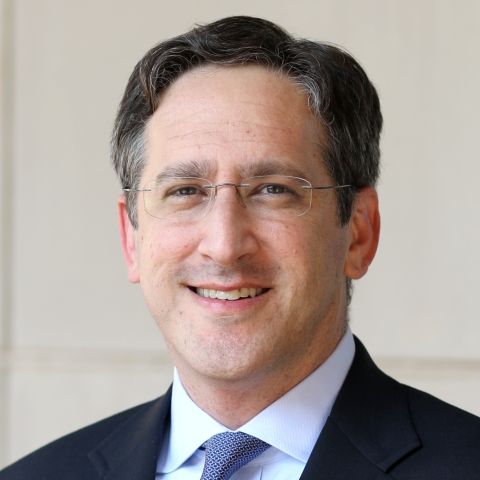
This paper offers a defense of the idea that taxation to promote religion infringes on taxpayers’ freedom of conscience. Critics have argued that this idea, called the Jeffersonian proposition, is open to two objections. The equality objection says that taxation to promote religion does not violate the freedom of conscience any more than taxation to promote other views to which taxpayers conscientiously object. But if the Jeffersonian proposition is construed broadly to cover any government speech with which taxpayers disagree, it faces an anarchy objection, since no government can function properly without support for its speech. So proponents of the Jeffersonian proposition face a dilemma: either discriminate against those with non-religious conscientious claims, or confront the anarchical consequences of a general right of conscientious objection to government speech. Most proponents of the Jeffersonian proposition have grasped the first horn of this dilemma by denying the equality objection. Rejecting that approach, this paper confronts the anarchy objection by developing a balancing account of the freedom of conscience. According to this account, the state may override claims of conscience when it has a legitimate interest in compelling support for speech. When it comes to government religious speech, however, the state may not have any countervailing interest to balance against freedom of conscience. Under those circumstances, the Jeffersonian proposition may be vindicated. By showing how this argument is consistent with much of existing compelled support doctrine under the Free Speech Clause of the First Amendment, and by defending it against objections that compelled support does not implicate the freedoms of conscience, association, or speech, this paper argues for the Jeffersonian proposition’s continued place in our thinking about the First Amendment.